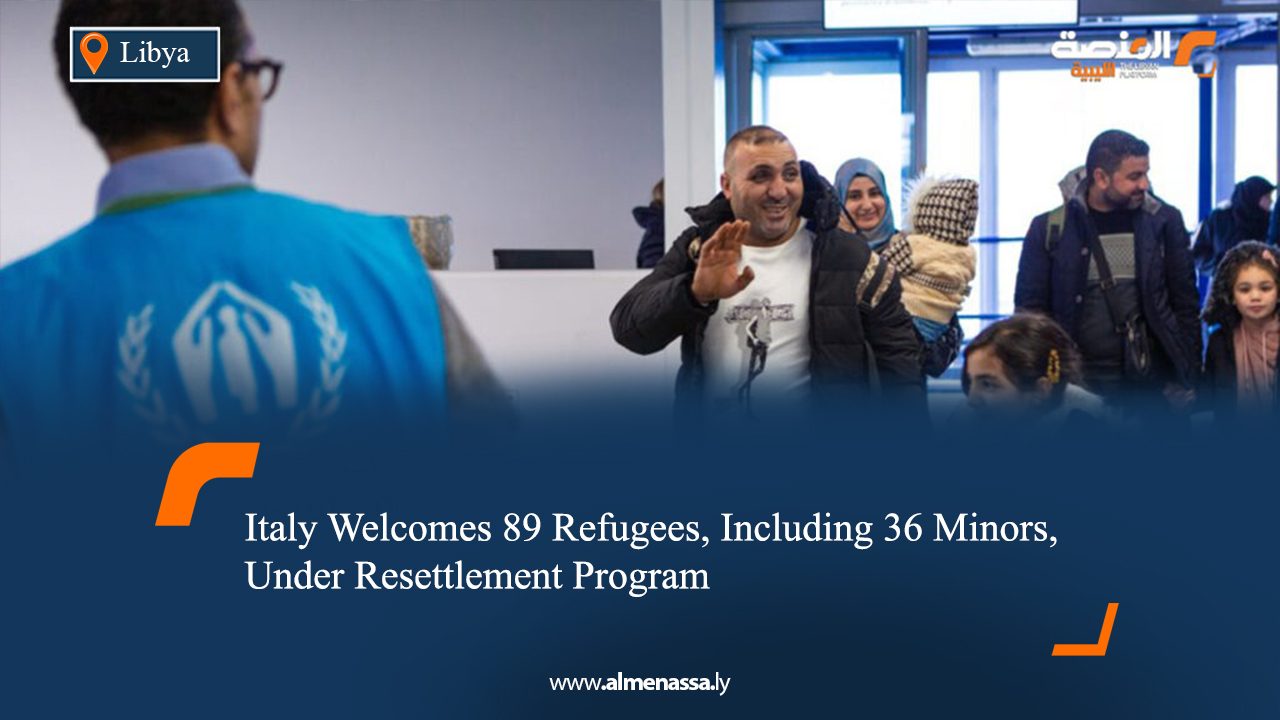On September 17, Italy received a group of 89 refugees as part of its international resettlement program, coordinated by the Ministry of Interior in collaboration with the Ministry of Foreign Affairs, and supported by the UN Refugee Agency (UNHCR), the International Organization for Migration (IOM), and the national Protection and Integration System.
This marks the first resettlement arrival of the year, signaling a renewed and more structured phase of implementation. According to UNHCR’s statement, the program serves as a vital mechanism for offering international protection to the most vulnerable refugee populations.
Since its launch in 2015, the program has enabled the safe and legal arrival of 2,838 refugees to Italy from countries including Lebanon, Jordan, Turkey, Libya, Pakistan, Iran, Sudan, and Syria.
The latest group arrived from Turkey and Pakistan, with the majority comprising Afghan families, many of whom include children. Among the 89 individuals, 36 are minors who will be accommodated through Italy’s Protection and Integration System.
UNHCR emphasized that resettlement offers a durable solution and a lifeline for those facing acute risks. It also plays a critical role in easing pressure on first-asylum countries and strengthening the overall framework of international protection.
Both UNHCR and IOM expressed their gratitude to the Italian Ministries of Interior and Foreign Affairs, as well as to the Protection and Integration System, for their continued commitment to the program and their central role in providing dignified shelter and pathways to integration.
Thanks to strong institutional cooperation, long-term solutions like resettlement have helped reduce reliance on emergency aid, enhance security, restore dignity, and prevent desperate and dangerous migration journeys.
The statement concluded by affirming that Italy’s key institutions and international partners will continue working together to expand access to safe and legal migration channels—saving lives, fostering inclusion, and offering refugees new prospects for the future


